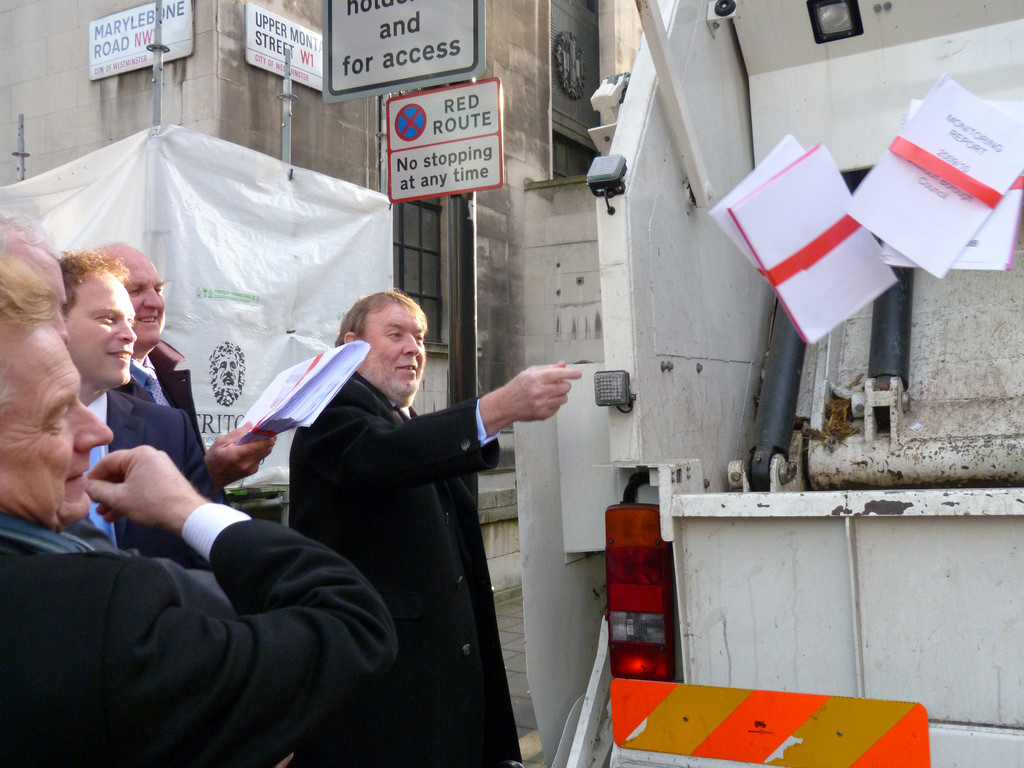Oakland Coronavirus/COVID-19 Pandemic Hazard Pay for Certain Grocery Employees
On February 2, 2021, the Oakland City Council approved the Oakland Coronavirus/COVID-19 Pandemic Hazard Pay Ordinance. The emergency ordinance adds Chapter 5.96 to the Oakland Municipal Code and requires large grocery stores in the City of Oakland to pay employees an additional $5.00 per hour in hazard pay during the Coronavirus/COVID-19 pandemic. This article outlines the Oakland Coronavirus/COVID-19 Pandemic Hazard Pay Ordinance, which is already effective.
Oakland Employees Covered Under the Oakland Coronavirus/COVID-19 Pandemic Hazard Pay Ordinance
The Oakland Coronavirus/COVID-19 Pandemic Hazard Pay Ordinance covers full-time and part-time employees working at Large Grocery Stores in Oakland, California. Additionally, the Ordinance adopts California Labor Code section 1197’s definition of an employee. The Ordinance covers an estimated 2,000 grocery store frontline, essential workers.
Employers Covered Under the Oakland Coronavirus/COVID-19 Pandemic Hazard Pay Ordinance
The Oakland Coronavirus/COVID-19 Pandemic Hazard Pay Ordinance applies to Large Grocery Stores, which the law defines as grocers employing 500 or more employees nationwide, regardless of where those employees are employed. The law also covers franchisees with a franchisor or franchisee network employing more than 500 employees in the aggregate, regardless of employee location. For purposes of counting employees, employees not covered by the Oakland Coronavirus/COVID-19 Pandemic Hazard Pay Ordinance are included, as are temporary employees, and employee’s employed through a staffing agency.
Additionally, the grocery store must be at least 15,000 square feet in size, located within the City of Oakland, and primarily sell household food items for offsite consumption, including fresh produce, meats, poultry, fish, deli products, dairy products, canned foods, dry foods, beverages, baked foods, or prepared foods. Specifically, Cardenas, Safeway/Albertsons, Savemart, Target, Trader Joe’s, and Whole Foods operate in Oakland and are covered by this law.
Covered Oakland Employees Entitled to an Additional $5.00 Per Hour Under the Oakland Coronavirus/COVID-19 Pandemic Hazard Pay Ordinance
Under the Oakland Coronavirus/COVID-19 Pandemic Hazard Pay Ordinance, covered Oakland employees are entitled to an additional $5.00 per hour in addition to their standard base wage.
Oakland Coronavirus/COVID-19 Pandemic Hazard Pay Ordinance Duration
The Oakland Coronavirus/COVID-19 Pandemic Hazard Pay Ordinance shall remain effective so long as the City of Oakland remains in a purple, red, or orange Coronavirus/COVID-19 risk level. The law will no longer be effective when the risk level returns to yellow.
Employer’s Providing Employer-Initiated Hazard Pay
Employers already providing employer-initiated hazard pay shall credit the employer-initiated hazard pay against the $5.00 per hour required under the Oakland Coronavirus/COVID-19 Pandemic Hazard Pay Ordinance. Employers may not credit Oakland employees prospectively for any past payments. Similarly, employers cannot be credited for any hourly premiums already owed to the Responding Party.
Oakland Employees Cannot Waive Their Oakland Coronavirus/COVID-19 Pandemic Hazard Pay
Oakland Employees cannot be forced to waive their Oakland Coronavirus/COVID-19 Pandemic Hazard Pay benefits and protections, except when explicitly contained in a bona fide collective bargaining agreement.
Notice Under the Oakland Coronavirus/COVID-19 Pandemic Hazard Pay Ordinance
Employers must post city-issued notices in English, Spanish, Chinese, and Vietnamese. Employers must distribute notices to employees. They may post the notices in a conspicuous place at the workplace, email the notices to employees, or post the notices on an employee-accessible web-based application or platform. Additionally, the employer must furnish to employees the employer and owner or manager’s name, address, telephone number, and state whether it is part of a franchise associated with a franchise or network of franchises. Employers have a duty to update employees, should this information change. Finally, employers must provide – via workplace posting, email, or employee-accessible application or platform – notice of any shift in the Oakland Coronavirus/COVID-19 pandemic risk level.
Records Retention Under the Oakland Coronavirus/COVID-19 Pandemic Hazard Pay Ordinance
Employers must retain records related to the Oakland Coronavirus/COVID-19 Pandemic Hazard Pay Ordinance for at leats three years.
No Retaliation Under the Oakland Coronavirus/COVID-19 Pandemic Hazard Pay Ordinance
Employers may not retaliate against employees that exercise any rights protected under the Oakland Coronavirus/COVID-19 Pandemic Hazard Pay Ordinance. Protected rights include, the right to hazard pay, the right to complain to the City of Oakland, the right to inform any person about an employer’s alleged violation of the Ordinance, the right to participate in an investigation, or the right to inform others about the Ordinance.
Further, employers may not lower covered employee wages or reduce hours connected with the requirement to pay hazard pay. Where an employer reduces an employer’s wages or hours within 90 days of the employee asserting rights under this Ordinance, the employer is presumed to act in retaliation.
Enforcement of the Oakland Coronavirus/COVID-19 Pandemic Hazard Pay Ordinance
The Oakland Department of Workplace and Employment Standards is responsible for the Oakland Coronavirus/COVID-19 Pandemic Hazard Pay Ordinance. The Department may assess penalties or initiate a legal proceeding. Alternatively, the aggrieved employee may bring a civil action in court for violations seeking remedies, including backpay, reinstatement, and a $50 a day penalty, not to exceed $1,000, with interest.
Click here to read the unabridged Oakland Coronavirus/COVID-19 Pandemic Hazard Pay Ordinance.
Please note that the California Grocer’s Association has filed a Complaint pending before the United States District Court seeking to halt and invalidate the Oakland Coronavirus/COVID-19 Pandemic Hazard Pay Ordinance. Click here to monitor the federal court case.




